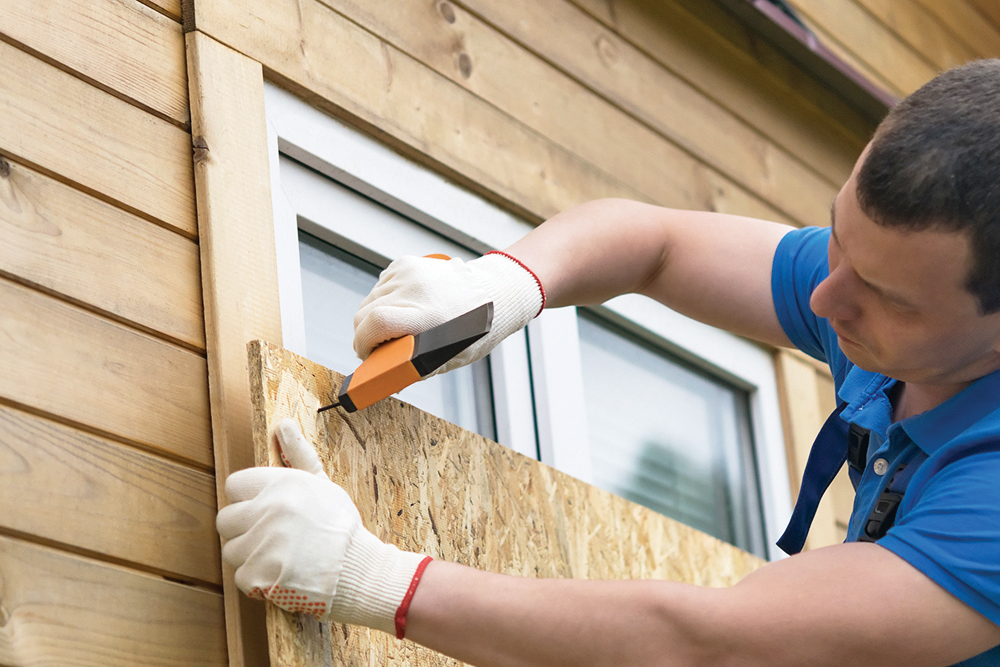
(StatePoint) Severe weather can have a sizable impact on your home and your savings. Taking steps to prepare can help you maintain peace of mind should a hazard impact you. Freddie Mac offers the following preparation tips for homeowners:
Protect Your Investment
A home insurance policy is an important layer of protection, generally providing you with the funds needed to repair a damaged property to its condition prior to an incident. Here, coverage can vary greatly depending on the company and plan you choose. To avoid surprises, it’s important to review your policy carefully and make sure you understand what is and is not covered. For example, flooding is not generally covered by homeowner’s insurance, so if you live in an area at risk of flooding, consider a separate flood insurance policy. Working with your insurance agent or broker can help you determine the types of plans and coverage that make sense for your budget, property and possessions.
Keep in mind that after a disaster strikes, you will need to list your possessions and verify any losses for an insurance claim. Taking a home inventory beforehand will make the process much easier.
Establish a Saving Strategy
Create an emergency fund with a goal of saving enough money for three to six months of regular expenses. It’s best to keep your emergency fund separate from your regular savings account unless there’s an extreme need. While this can be challenging for any family, households that have emergency budgets in place tend to be better prepared to face disaster. Any resources you can put away will help you be more resilient if the time comes.
Secure Your Home
Regular home maintenance can help protect against the dangers of natural disasters, such as flooding and hurricane-force winds. Cleaning gutters and drains, for example, can prevent water from collecting around your home. You should also be sure you have a sump pump in good working order, and that your foundation and roof are in good condition. If a storm is in the forecast, clear your lawn of items that may be damaged, destroyed, lost, or cause damage to your home. You should also cover windows and shut off utilities. Many of these precautions can also protect against tornadoes, which can develop quickly and often arrive without warning.
Make Safety Upgrades
Before buying a particular house, you may want to consider the area’s history of natural disasters, and take stock of the home to ensure it’s up to code and has the safety features needed to protect you and your family.
Whether you’re a current or prospective homebuyer, you can reference information provided by the Federal Emergency Management Agency (known as FEMA) to help you assess which hazards could impact your home, and identify relevant safety upgrades that can strengthen its defenses. For example, earthquake damage may be mitigated by installing flexible gas line connections to prevent leaks and fires and by securing exterior structures like decks, porches, garages and carports. Homes at risk of storm surge could benefit from reinforced garage doors that can withstand water and high winds, storm shutters, high-impact glass windows, and flood-resistant insulation and flooring.
Depending on the scope of renovations, you may consider taking out a loan to cover the costs. There are a variety of refinance products available that allow you to leverage your home’s value to fund renovations. Talk to your lender to find the right financing option for you.
Natural disasters are hard to predict. But being prepared can help you weather the storm, both physically and financially.
For additional emergency preparation tips, check out Freddie Mac’s collection of homeownership resources found at myhome.freddiemac.com.









